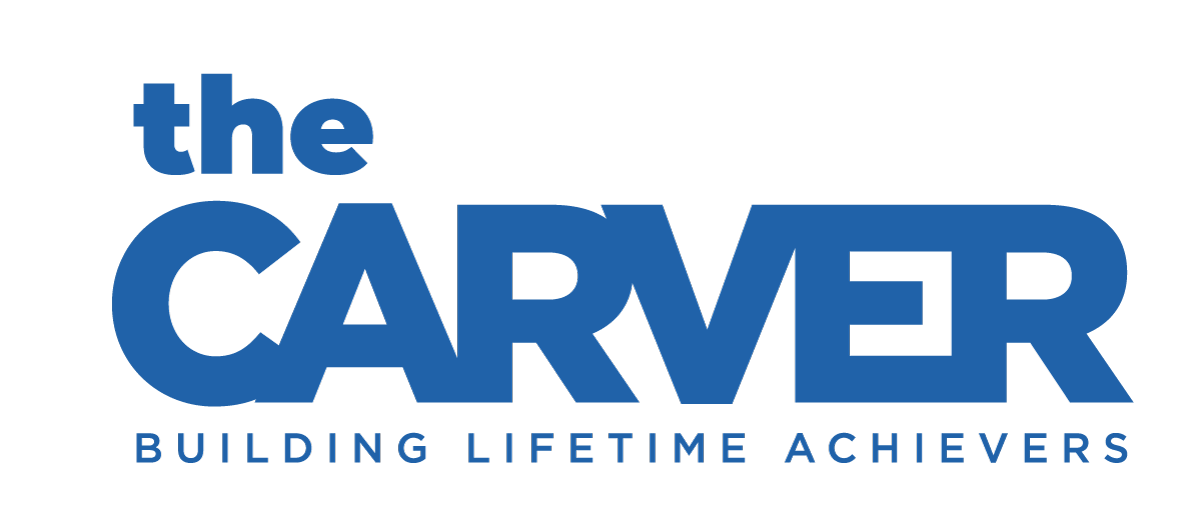Cartoon Network has launched global PSAs focused on the importance of good hygiene practices, in support of worldwide efforts to prevent the spread of the virus.
The mass exodus across the country from one of our most vivid and essential gathering places has resulted in a nation of home schoolers.
Here is an effective 11-second animation video to help explain to our young people the need for social distancing and consequently school closings.
School offers stability and predictability. This crisis will shine a new light on the many roles schools and after school programs provide beyond academics.
In the meantime, parents may be fretting over how they’ll have time to oversee lessons and keep their children on top of Common Core math and all the other demanding subjects. Many working parents wonder how they’ll arrange childcare so they don’t lose their jobs. Advocates and educators everywhere worry the poorest children will be hurt the most.
This is an enormous educational equity challenge that can have life-altering consequences for vulnerable students. Our city and school administrators are addressing the instructional continuity needs of students who are low-income, English learners, students with disabilities and students in temporary housing. But nothing we can do will be the same thing as a student in a classroom with a teacher. The fast-moving and unknown nature of this virus means many questions will remain unanswered, for now.
Connecticut State Colleges and Universities (CSCU) and many other colleges and universities are moving to all-online classes for the remainder of the spring 2020 semester.
As with K-12 schools, a college campus is more than a place of learning; it offers a real home to many college students. Closing a campus to these students can be analogous to evicting them from a house or apartment. It is becoming apparent how uneven online instruction can be. The closing of college campuses is sending low-income students scrambling and creating great uncertainty about how higher education will cope. The closures may put students' housing and food supply at risk, especially if they rely on their campus meal plans and dorm rooms. Community colleges may be particularly impacted because they often have higher shares of low-income students.
The Hope Center, which tracks student housing and food insecurity, has put out guidance to help colleges support students' basic needs during the outbreak. It suggests campus food pantries prepare bags of food or meals that students can pick up and that counselors help them find alternative housing arrangements. The center also notes that students may lose out on critical income, such as from their work-study jobs, if campuses shut down.
To that end, the U.S. Department of Education announced this month that colleges can continue paying students for work-study jobs if their campus closed after the term started, among other requirements.
For the most up-to-date information from the State of Connecticut on COVID-19, including guidance and other resources, all residents in the state are encouraged to visit ct.gov/coronavirus.
Individuals who have general questions that are not answered on the website can also call 2-1-1 for assistance. The information line is available 24 hours a day and has multilingual assistance and TDD/TTY access for those with a hearing impairment. The hotline only intended to be used by individuals who are not experiencing symptoms but may have general questions related to COVID-19. Anyone experiencing symptoms is strongly urged to contact their medical provider to seek treatment.
Resources for Parents and Families
Child Mind Institute: Talking to Kids About the Coronavirus
Girl Scouts: How to Talk to Your Kids About Coronavirus
InsideSEL: SEL Resources for Parents, Educators & School Communities Related to COVID-19
National Association of School Psychologists: Talking to Children About COVID-19 (Coronavirus): A Parent Resource
National Child Traumatic Stress Network: Parent/Caregiver Guide to Helping Families Cope With the Coronavirus Disease 2019 (COVID-19)
Resources for Educators and School Staff
AASA The School Superintendents Association: Resources on Coronavirus
American Federation of Teachers: AFT resources on the coronavirus
ASCD: Transitioning to Online Learning: Pro Tips on What You Need to Know
Attendance Works: Coronavirus: Resources for Educators
CASEL: SEL and COVID-19
Digital Promise: COVID-19 Online Learning Resources and FAQ
InsideSEL: SEL Resources for Parents, Educators & School Communities Related to COVID-19
National College Attainment Network: How the Education Field is Responding: A Roundup of COVID-19 Resources
National Education Association: Schools and Coronavirus: What You Should Know
SchoolHouse Connection: COVID-19 and Homelessness: Strategies for Schools and Early Learning Programs
Share Our Strength: Proactive Planning Guidance for Schools and Program Operators During the Coronavirus Outbreak
Resources for Out of School Time Staff
Afterschool Alliance: COVID-19: Considerations for the Afterschool Field
